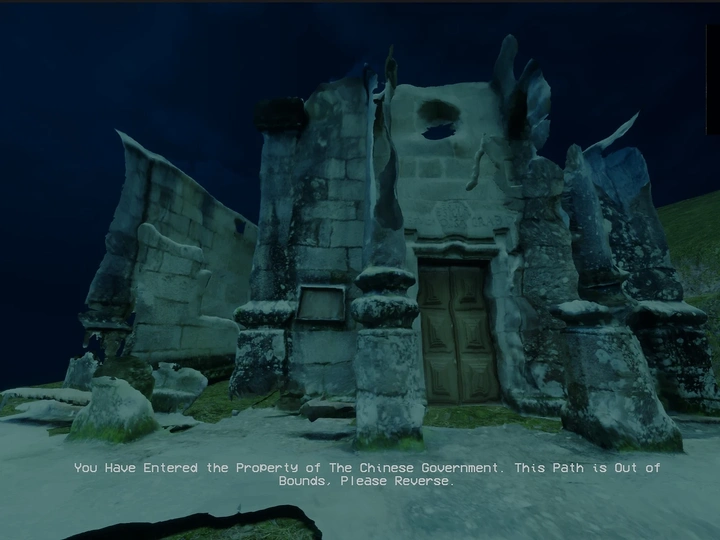The river forgetfulness

My journey has been defined by a deep fascination with the intersection of culture and technology, resulting in the creation of innovative systems that breathe life into architectural expressions. I am passionate about applying my spatial vision to pressing political debates, from the delicate balance between preservation and progress to the evolving landscape of digitalization versus wilderness. My goal is to connect emerging technologies, such as blockchain, with imaginative scenarios that preserve and propel culture into the future.
I embarked on my architectural education in London six years ago, commencing my studies at the University of Westminster. In 2023, I proudly graduated with an MA in Architecture from The Royal College of Art, where I honed my craft in designing digital environments and delved into the intricate realm of spatial injustice research.
As a Galician, I have passionately dedicated my recent projects to shedding light on human rights violations, employing architectural representations to expose critical issues. These endeavors encompass the Paper Factory of ENCE in the Ria of Pontevedra, with its historical ties to Franco's regime, the impact of Eucalyptization on the landscape, the construction of dams post-dictatorship, and the perpetuation of colonial dynamics.
In recent years, my passion has gravitated towards the realm of technology and digital environments, particularly exploring how blockchain technology can address real-world challenges. I'm on a mission to explore how these domains intersect with and provide solutions, ranging from ecological crises to internal colonization.
This project presents an interactive online interface as a response to the case of internal colonisation of Galicia in Spain, investigating several interventions built during Franco's dictatorship on the Galician side of the river Limia, and their social, political and environmental implications on ecologies and communities in the present.
The Lindoso Dam will serve as the case study for the project, as it was built between the Spanish-Portuguese border in the 90s. Although built during an apparent young democracy, it materialises as the stratification of the logic inherent in the colonial system as it was born under dictatorial laws in the 60s, through an alliance between Portugal’s Salazar and Spain’s Franco. The concept of internal colony visualises a population that, despite being framed within the central region of the capitalist system, is a victim of models of exploitation typical of colonies. Including the control of administrative, juridic and legislative powers, but most importantly, the process of cultural alienation. The Galician territory has been used as a resource of extraction by Spain over the centuries while controlled by foreign capital, which led to the scarcity of native people in power. The construction of the Dam triggered further abuse in the landscape, as it made locals abandon the area, the democratic government allowed the foreign cattle industry to openly pollute these reservoirs, making it impossible for any ecosystem to thrive. Ancient dynamics of collective ownership of the forest were raided by the regime and perpetuated by the democratic government in the name of progress and capitalism. Through the interface, the user can access the ruins of what was one day and the collective and individual memories of the landscape. As resistance to this policy-making, the interface offers geographic information such as technical analysis of the dam mechanism, attempting to decentralise and grant agency back over these life-changing artefacts.